The Problem With Most School Mission Statements
Why do we create school mission statements alongside the planets & stars, then insist on data and strategies grounded in research & reality?
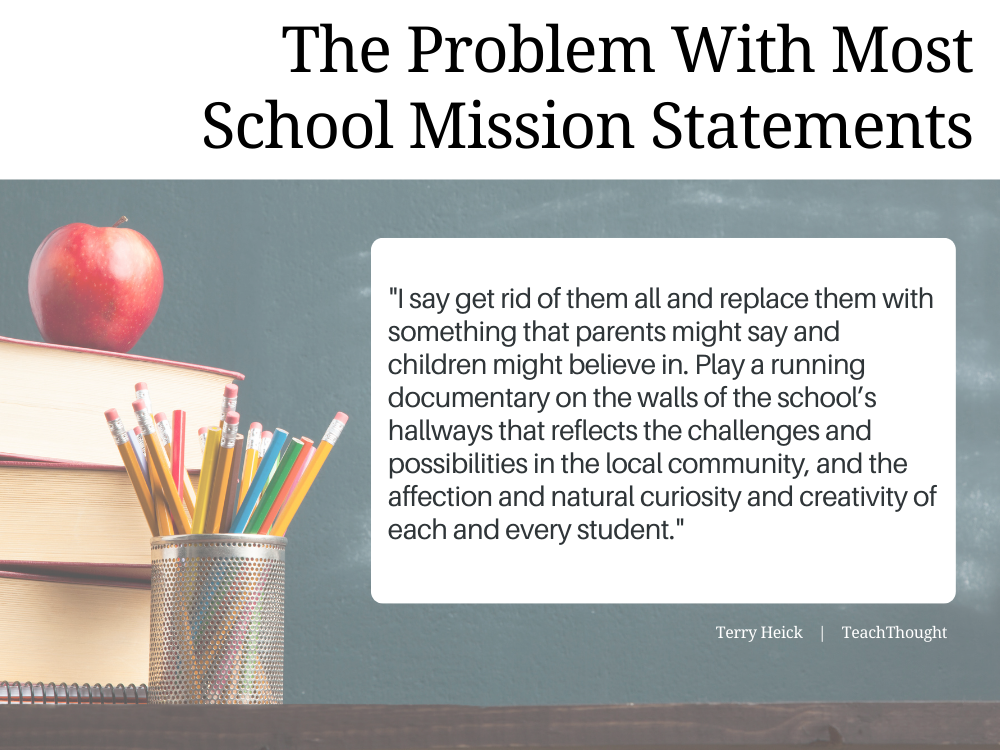
Why do we create school mission statements alongside the planets & stars, then insist on data and strategies grounded in research & reality?
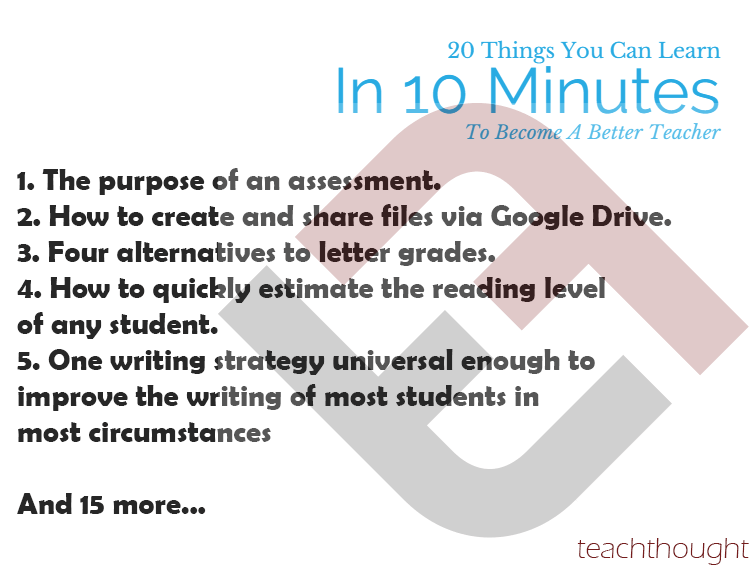
This list includes 20 (mostly) simple things you can do (relatively) quickly to become a better teacher in the 21st century.
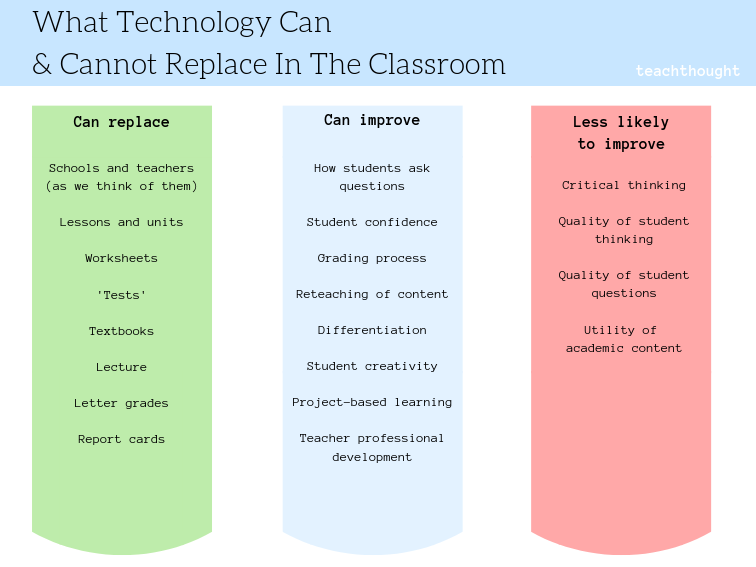
From curriculum maps and report cards to metacognition & field trips, here are some examples of what technology can replace in the classroom.
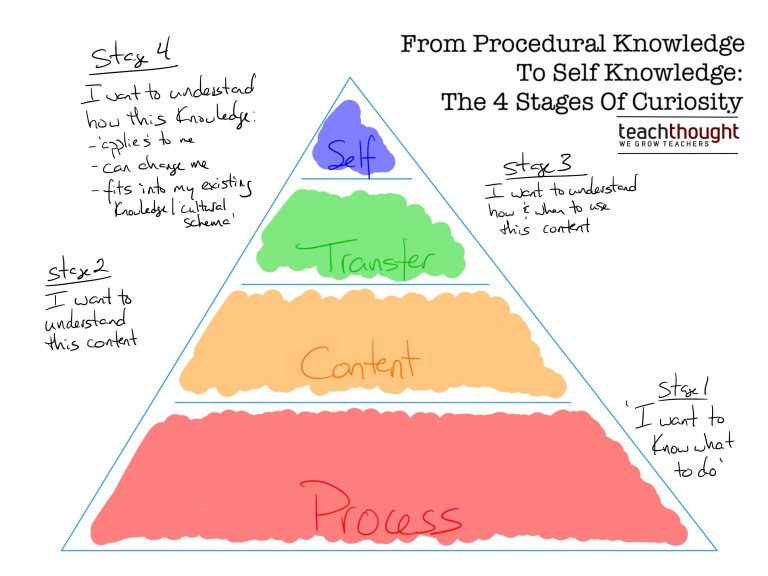
In the first stage of curiosity, students are primarily concerned with procedural knowledge: What they’re supposed to do and how.
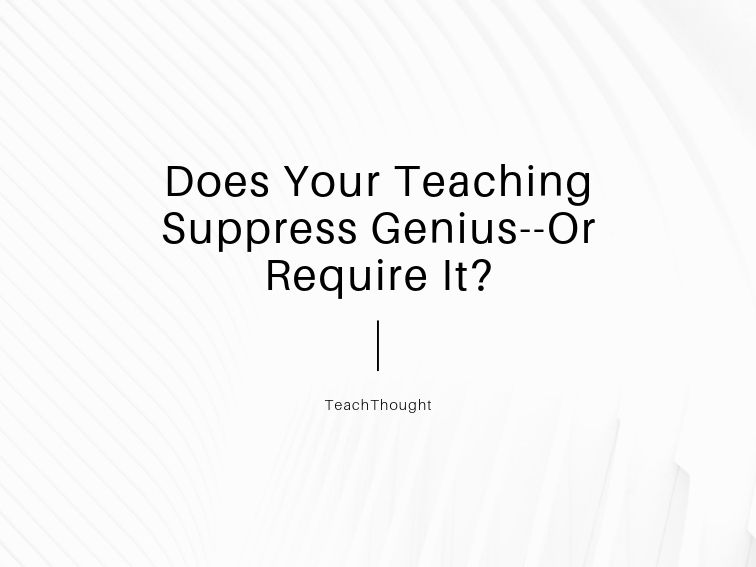
What happens when, after demonstrating mastery of every standard we can think of, students are exceptional at absolutely nothing?
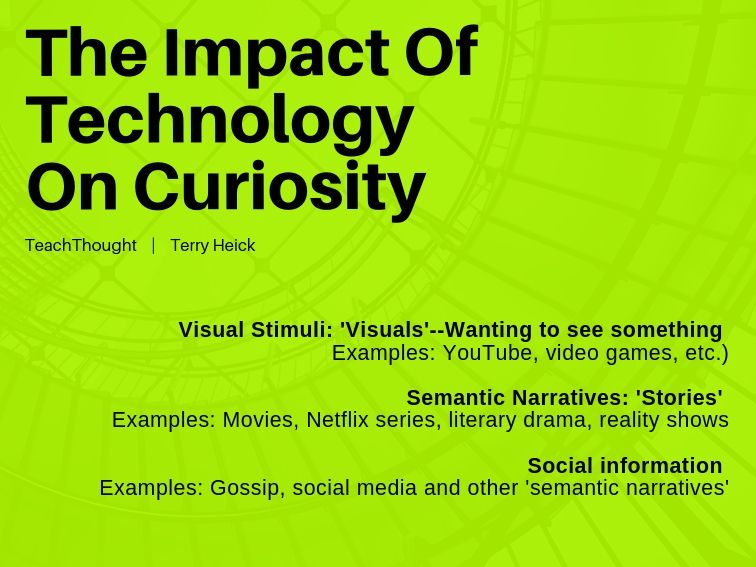
Understanding the impact of technology on curiosity suggests that we first understand the role of curiosity in the learning process itself.
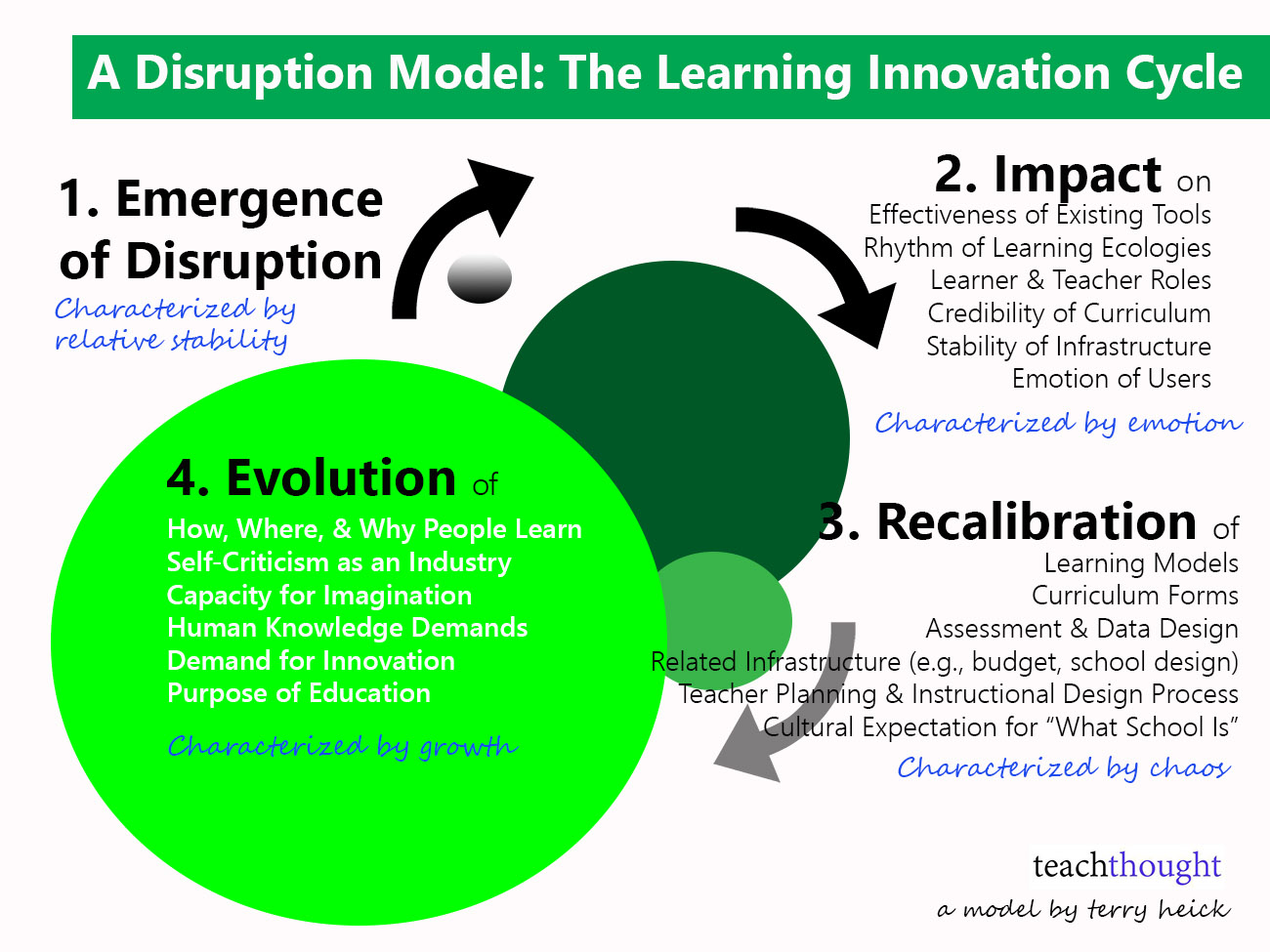
One goal for disruption in education could be the ongoing emergence of new ideas–new learning models, content, new strategies and thinking.
Reading is personal but we often focus on the mechanics instead of the people and the strategies instead of the living and breathing happening around us.
Libraries are brilliant because books are brilliant. How we organize books deserves scrutiny as technology changes things.
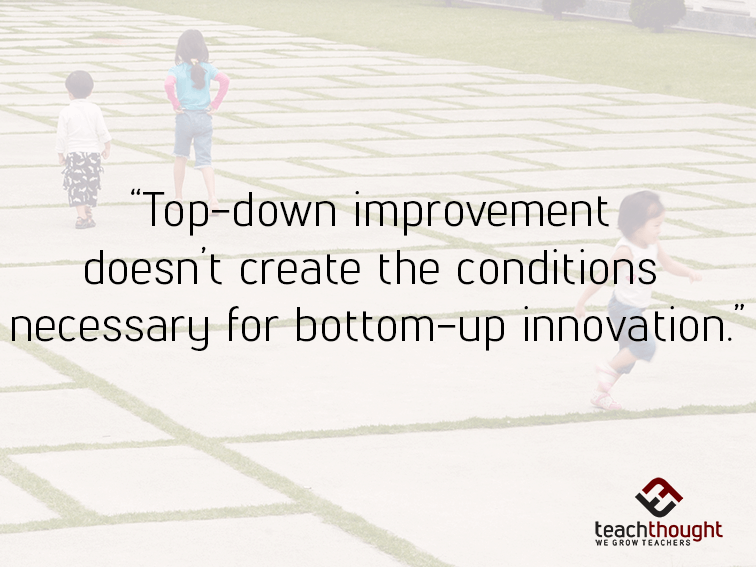
Public education isn’t naturally built for innovation. Here are some of the barriers that are reducing innovation in schools.
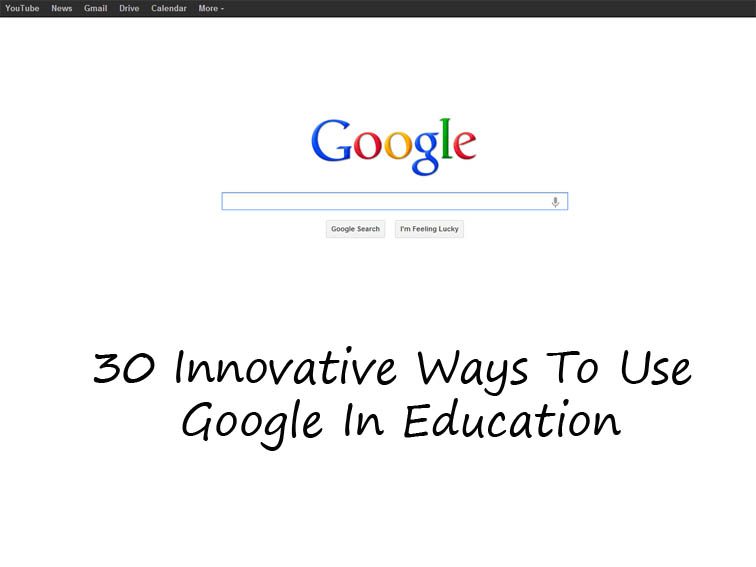
Here are 30 ways to use Google search in the classroom to help improve students’ ability to self-direct the digital research search process.
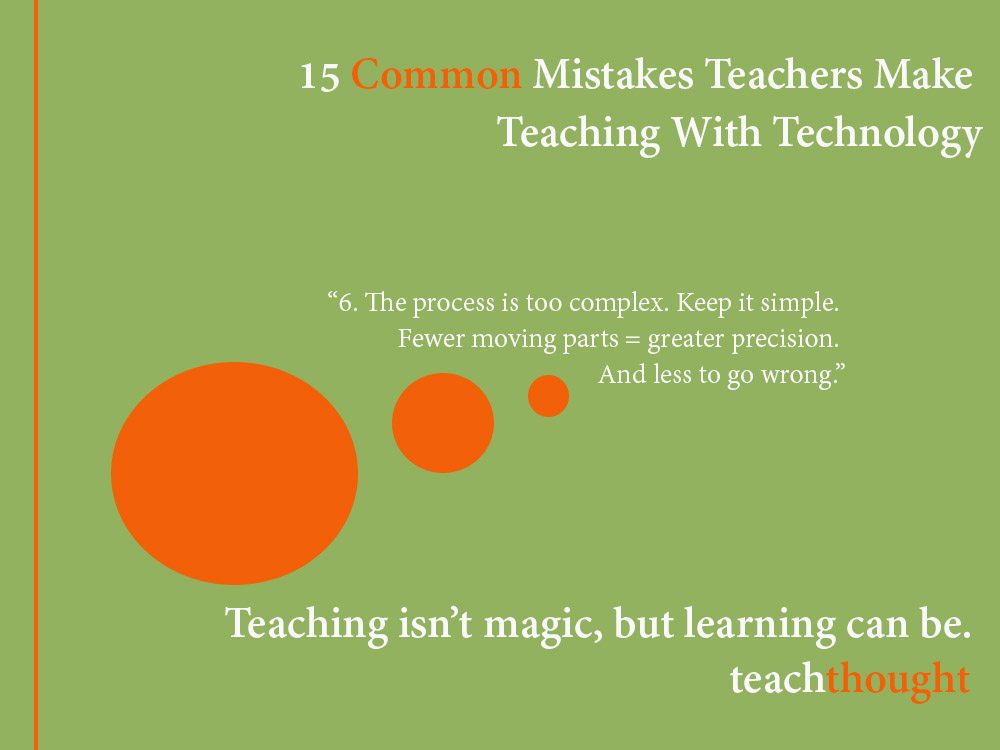
While technology is an incredibly potent learning tool, poorly-implemented, it can act as a barrier to understanding more than something that improves it.